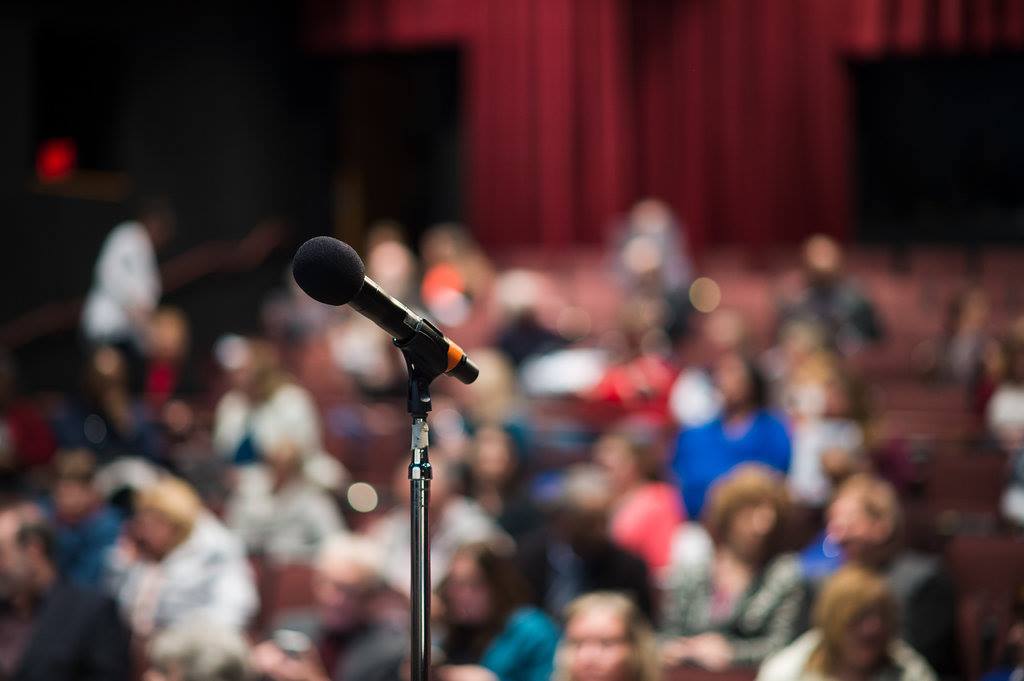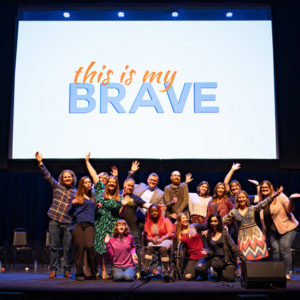This Is My Brave storytellers that identify at the intersection of BIPOC individual living with a mental illness reported experiences of:
- Discrimination and experiences of racism affecting mental health
- Stigma surrounding mental illness/mental health within their culture
- Experiences of recovery that is not linear and includes acceptance and treatment
Learn more about each of our storytellers that identify as a BIPOC individual living with a mental illness.

“There’s hope after being in a dark space and that everyone’s wellness journey is completely different.”

“I never really knew a single person who came out with their disease to me and I thought that I had never me a person with a serious mental illness and I think that was a big part of my ignorance toward the mental health community.”
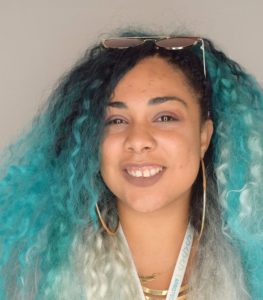
“Depression consumed my life and I was unaware of what was going on…Growing up with an immigrant Caribbean mother, those things were not acknowledged or accepted. With everything to be grateful for, how dare we feel sad or unwell about ourselves.”

“I would look at a picture of a person with mental illness and it didn’t look like me so I said ‘nope, I don’t have no mental illness’, but is there a look? No, anybody can get mental illness. It’s a false image of what mental illness looks like.”

“No one was aware that seeds of self-hatred were planted and took root inside his fertile precocious mind. Loathing his racial identity. Questioning his purpose for living at such a young age.”

“I was afraid of sharing my story…I asked myself ‘why are you so afraid of it?’…and I got my answer that I have stigma on my mental illnesses. I was shameful about my mental illnesses.”

“Even on my darkest days I am reminded if the phoenix rises from the ashes, and everything I want in life I will find it. It is possible to rise out of that situation and that circumstance. I know because I am a witness.”

“That’s not me. I’m no silence no more. I’m a human, can’t you see? Having purpose and being, a traumatic life and events has made me stronger. I’m no longer angry. I’m no longer my disorder.”
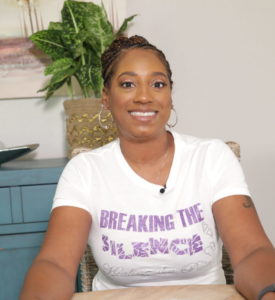
“I am a free woman. I have taken back all my power. I am breaking the silence and healing the pain. Turning the pain into purpose. I am a free woman.”
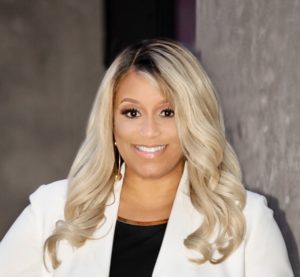
“I can’t breathe as I inhale White privilege reports another death of another Black male like, ‘oh well.’ I’m desperately trying to make sense of your hate sending Trayvon an unarmed Black child to the pearly gate. This is why Martin couldn’t wait and Emmett Till’s fate was sealed
just because a White woman said so and that strange fruit hung from those trees and bled so.”

“We still fail to intercept what we saw coming on these days we’re all Black boys. All broken, forever baffled and right now out there, in our own streets…..bleeding.”
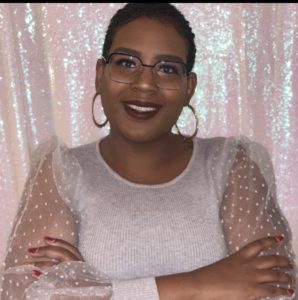
“The black cloud hasn’t been spotted but if it is I know who to call and where to run and hide. Bipolar 2 disorder, I’ll always always live with you but you’ll never have control again! I’m okay. I’m good. This, is what recovery feels like. Recovery is possible and people do recover.”
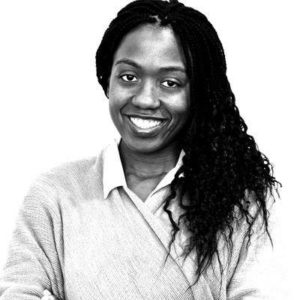
“My father was African American,
my mother Afro-Latina. I was brought up Catholic. Shame and guilt were embedded in the fabric, dysfunction and secrets were its tools. So to see a show like Rent told me that it was okay to talk about the things I was going through that one day someone would care about what I had to say.”
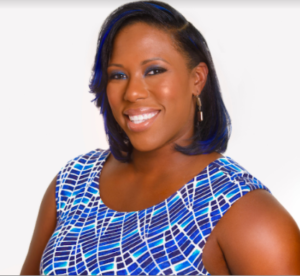
“To be honest, therapy is
something that as you know the Black community or people of color, we’re not necessarily up to that. You know we’re not open to that and the reason why is because systematically we’ve had very limited spaces in where we could be safe.”

“Although my path through mental illness has not been easy, when I think back to the most pivotal moments there were simply moments when one person showed me the kindness I needed to put one foot in front of the other and take the next step.”

“I was taught not to cry even when cops were selling bullets in the streets you know us Blacks like to shop ’til we drop check the toe tags I guess that’s why body bags come with a
receipt.”

“Dealing with depression you learn how to smile and interact with others. You are basically just keeping it moving you. Learn how to cope every day by keeping it moving.”
